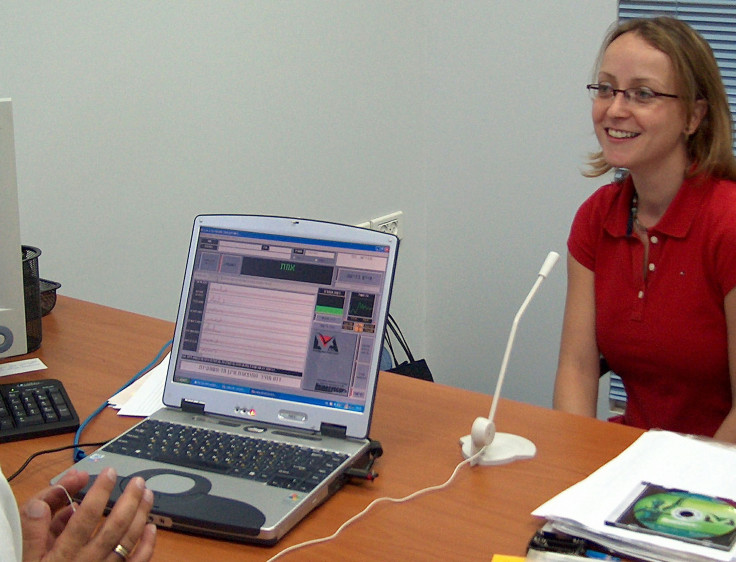How to Tell the Perfect Lie

For many people, it is difficult to tell a lie. Because you hold two versions of the same story - the lie and the truth - it is more likely that you will make a mistake and take extra moments to construct the lie, giving away your tell. However, researchers found that, given a bit of training and instruction, any person can tell lies so well that they will be indistinguishable from the truth.
The researchers divided the participants into two groups. Half were the training group; they were trained on how to speed up false responses and were given time to prepare their lies. The other half were in the control group. They were not trained or given time to prepare, but they were told to speed up their deceptive responses and to make fewer mistakes.
Not surprisingly, the training group became excellent liars. The differences between their truthful responses and their false ones became indistinguishable.
The more interesting findings came from the control group, however. Even though they were not given time to make prepared remarks, since they were told to speed up and make fewer mistakes, they did. The difference between their true and false statements was drastically reduced.
"This was really unexpected because it suggests that people can be really flexible, and after they know what is expected from them, they want to avoid being detected," said Xiaoqing Hu, the lead researcher, from Northwestern University.
This study has particular real-world ramifications for law enforcement. Previous studies on the art of deception gave participants very little time to prepare their lies. In reality, enough time passes between the perpetration of a crime and an interrogation by the police that suspects often have time to perfect their lies.
However, many will note that police departments sometimes use lie detector tests, which measure physiological responses. The researchers next want to discover whether people can manipulate their bodies to evade lie detector tests.
The study was published in Frontiers in Cognitive Science.



























